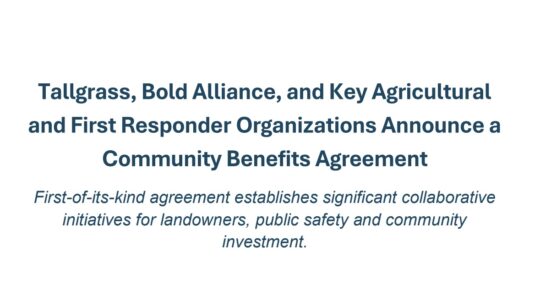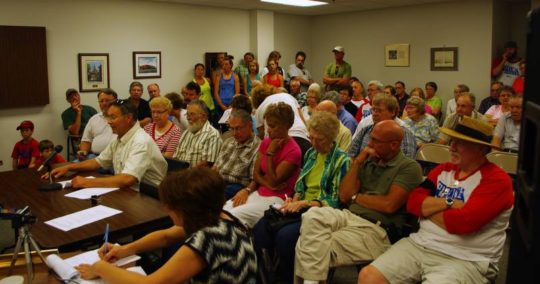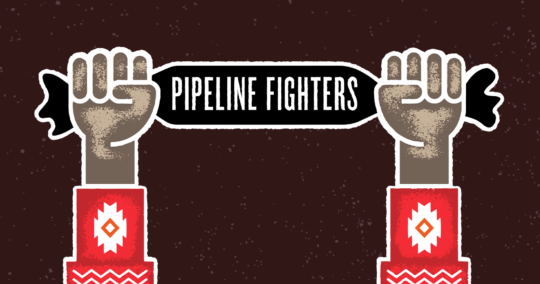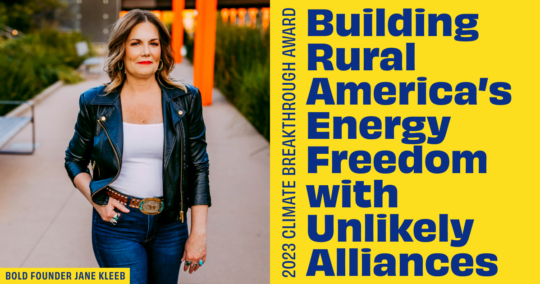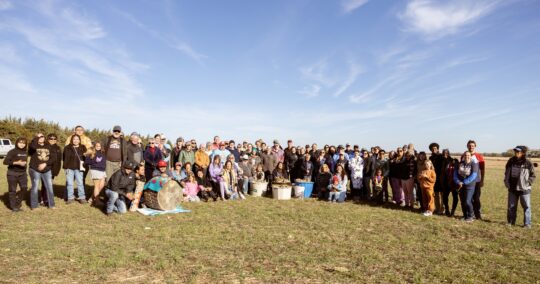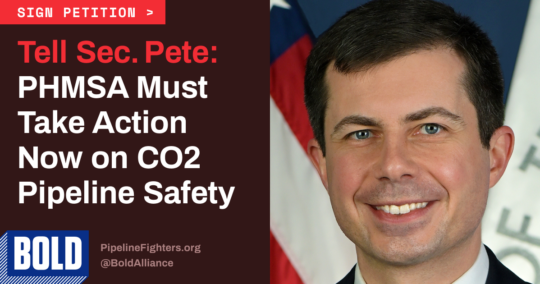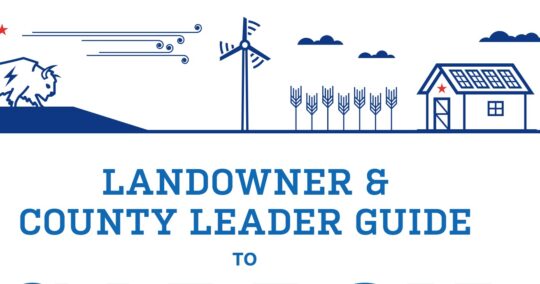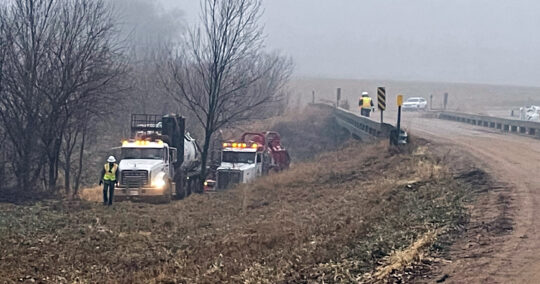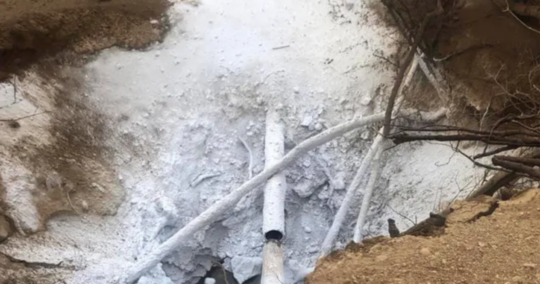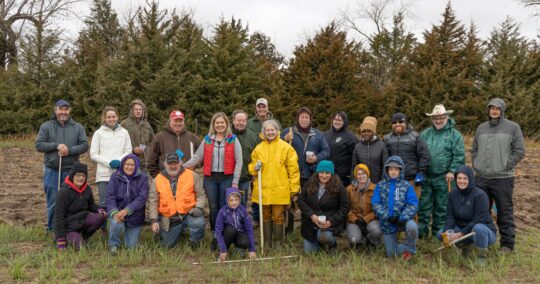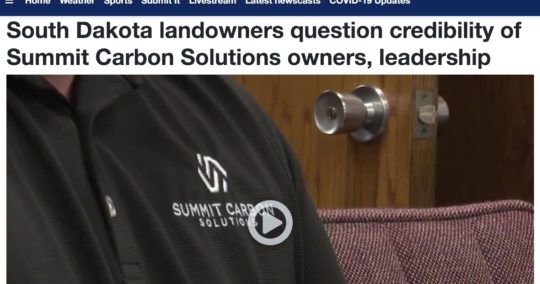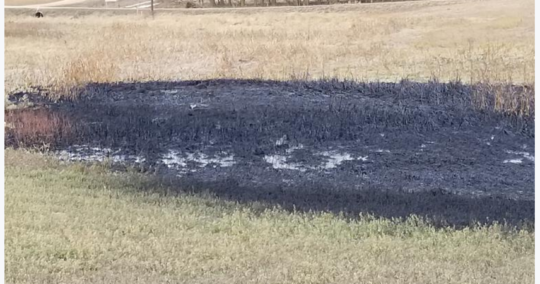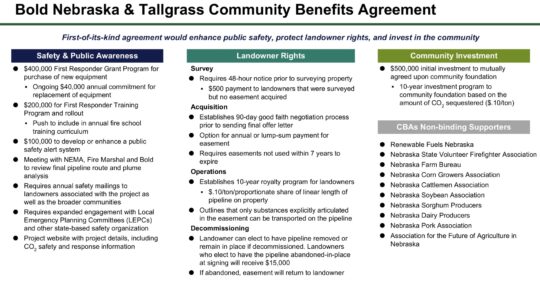When Rachel Wise was a high school student in Kearney, Nebraska, she taught swimming lessons at the public pool. “When I first started, I taught a young boy who had a mild to moderate cognitive disability who wasn’t able to take the regular swimming classes.” His family attended the same church as Rachel and they asked for her help. On a cold and windy morning, sitting in the Scooter’s coffeehouse in Fremont, she remembered the challenge. “It took more repetition, more confidence-building, and different strategies, but we had fun and he learned to swim.” That experience stayed with her, and she soon discovered that “working with special needs children is no different than working with any other children.” Rachel said that “teachers celebrate growth and success, and special needs children experience growth and achieve milestones just like any other child.”


While working on her Master’s degree in Vocational Education and Special Education from UNL, she began her teaching career as a Family and Consumer Science teacher in the Tekamah-Herman Public Schools in District 3. For the next twelve years Rachel worked as a teacher and special education coordinator in the Winnebago Public Schools and Logan View Junior-Senior High School, and as the Assistant Director of Special Education Services in ESU 7, serving school districts in seven counties. In 1996—while pursuing a Ph.D. in Community and Human Resources at UNL—Rachel accepted a position in the Omaha Public School District where she served as Director of Secondary Education and Career and Technical Education and was the Assistant Principal of Burke High School.
With extensive experience both as an educator and administrator, Rachel will bring a unique perspective to the State Board of Education. “I have a practitioner’s viewpoint and will be able to show how mandates and regulations impact at a local level and at the classroom level.” Rachel is critical of some elements of the No Child Left Behind Act, because it forced the state to implement an “expensive assessment program that didn’t consider the impact on classroom teachers and didn’t take into account all of the factors that impact student achievement.” She explained, “We created a level of accountability, but we haven’t stepped back and asked if it’s the right type of accountability.” Rachel believes that “all kids need a rich comprehensive educational experience, and I think we’re losing that because of the focus on accountability. We need to provide an education that is rich with diverse, integrated experiences that go beyond just reading, writing, and math. I think the arts and career and technical training round out a comprehensive educational experience.” She also stresses the importance of providing “access for all children in Nebraska to high quality early childhood education, so that we can close the achievement gap.”
Rachel says the state is now “on the right track with the Nebraska State Accountability system.” However, she would strongly support implementing the “student growth model,” which measures from year to year a student’s academic growth in order to better understand the educational development of individual students. “The growth model is the right type of accountability,” she said, “because it creates a more individualized educational approach that teachers can embrace.”
Such transitions can be difficult, she said, but they are worthwhile if they benefit our children. She concedes, for example, that implementation of the Healthy, Hunger-Free Kids Act of 2010, is “going to be a hard transition,” but that shouldn’t discourage us from providing healthy school lunches.” But, in such situations, she favors an integrated approach. “If we are going to combat childhood obesity, there needs to be a partnership with parents. The whole health of a child goes beyond the scope of a school, and we need to balance healthy lunches, physical activity, and length of day.” Rachel is a supporter of bringing local foods into the lunchroom but cautions that, from a practical viewpoint, “we have to consider efficiency and cost. If schools could work in partnership with local farms to produce enough food to create a sustainable system, then I would support it.”
Likewise, she believes that public schools could be doing much more to decrease their carbon footprints—often with simple solutions “like installing energy efficient windows”—but she understands that over-burdened schools can’t be expected to make those changes without state support. “We have a lot of old school buildings in Nebraska,” she said, “and I think our state would do well to create an incentive plan to encourage school districts to remodel using energy efficient materials.” She supports Senator Haar’s green schools initiative and Wind for Teachers program—which allows for wind and solar leases on school lands in Nebraska that would generate revenue for teacher performance pay. She also emphasized that education is the key to our energy future. “By providing our children with high quality instruction,” she said, “we are training a generation to creatively address our energy needs.”
Learn More and Volunteer:
To learn more about Rachel Wise or to volunteer for her campaign to serve on the State Board of Education representing District 3, visit Rachel’s website www.wise4education.com.
About the State Board of Education:
To find out if you are in District 3, or need to know who your Board Member is click here. District 3 covers the northeastern counties of our state.
The State Board of Education will face big challenges around funding and is considering adding climate change to the state’s curriculum.
Editor’s Notes:
Rachel’s profile is part of a series to highlight candidates who embody “new energy.” Candidates who bring new energy, new faces or who are running on a platform of homegrown, sustainable energy deserve more focus and attention. These profiles will also be featured on the New Energy Voter website which will give Nebraskans a “voter guide” you can email to your friends. The New Energy Voter site helps you register online using the Rock the Vote tool and has a voter guide on candidates up and down the ballot. If you are on Twitter, make sure to use these tags #nevoter #nebpol and of course follow @boldnebraska.

